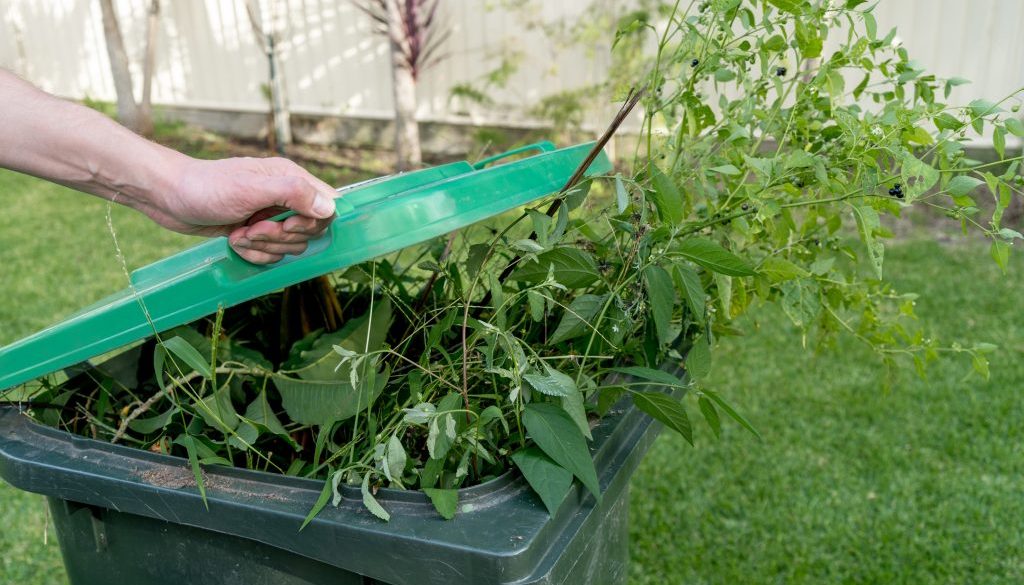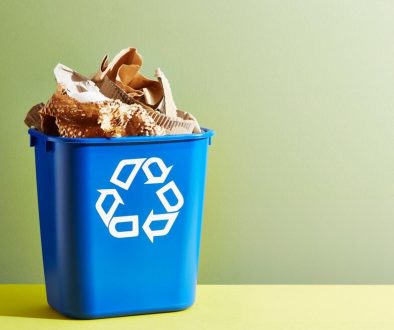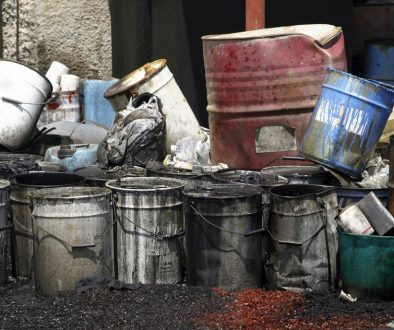As gardening enthusiasts and homeowners, many of us will inevitably generate garden waste throughout the year, whether from regular trimming and pruning activities or larger-scale landscaping projects. Effective and responsible garden waste management not only contributes to the overall health and appearance of our outdoor spaces but also supports our broader commitment to sustainability and environmental protection.
In this blog post, we will share valuable tips and techniques for managing garden waste in an environmentally friendly manner, encouraging responsible disposal practices and promoting green gardening habits.
Garden waste, including leaves, grass clippings, branches, and weeds, can be managed by composting, recycling, or using professional skip hire services like Enviro Skip Hire. Each method offers unique benefits and should be selected based on factors such as the type and volume of waste generated, available space, and personal preferences. Furthermore, responsible waste management helps avoid issues such as pollution, infestations, and negative impacts on natural habitats.
In the following sections, we will delve into the practicalities of different garden waste management options, including their advantages and environmental impact. By incorporating these environmentally friendly disposal practices into your gardening routine, you can contribute to a greener and more sustainable future while maintaining a well-tended and beautiful outdoor space.
1. Composting: Turning Waste into Nutrient-Rich Soil
One of the most environmentally friendly and practical methods for managing garden waste is through composting. This process involves the natural decomposition of organic waste materials into nutrient-rich compost, which can then be used as an effective soil conditioner and fertiliser. Consider the following tips for successful composting:
- Choose the right location: Select a shaded and level garden area with good drainage to set up your compost bin or heap.
- Combine materials: Mix green waste, such as grass clippings and vegetable scraps, with brown waste, such as dry leaves and twigs, in a 1:2 ratio to optimise the decomposition process.
- Maintain moisture and aeration: Regularly turn the compost pile to ensure adequate oxygen supply and maintain consistent moisture levels to aid the breakdown of waste materials.
- Use the finished compost: Once fully decomposed, use the resulting compost to enrich your garden soil, improving soil structure and providing essential nutrients for plant growth.
2. Garden Waste Recycling: Supporting Circular Economy
Recycling garden waste effectively reduces the volume of waste sent to landfills while providing valuable resources for other purposes. Many local councils offer garden waste recycling schemes, whereby waste materials are collected and processed into useful products such as mulch or compost. To make the most of these services, consider the following tips:
- Separate your waste: Keep garden waste materials separate from general household rubbish to ensure they can be effectively recycled.
- Follow local guidelines: Adhere to any local council guidelines regarding acceptable garden waste materials and collection procedures.
- Consider other recycling methods: Reuse or repurpose items such as old plant pots, tree logs, or wooden pallets instead of disposing of them with garden waste.
3. Skip Hire Services: Efficient and Responsible Garden Waste Disposal
For larger volumes of garden waste or landscaping projects that generate more substantial amounts of debris, utilising a professional skip hire service like Enviro Skip Hire can provide an efficient and environmentally responsible disposal option:
- Choose the right skip size: Assess the volume of garden waste generated by your project and select an appropriately sized skip to accommodate your disposal needs.
- Follow waste guidelines: Ensure that only acceptable types of garden waste are placed in the skip, adhering to any guidelines or restrictions specified by your skip hire service.
- Opt for an environmentally conscious provider: Choose a skip hire company, such as Enviro Skip Hire, that prioritises environmental responsibility and focuses on recycling as much waste material as possible.
4. Alternative Garden Waste Disposal Methods: Exploring Creative Options
Beyond composting, recycling, and skip hire services, there are other creative and eco-friendly methods for managing garden waste:
- Mulching: Shred or spread garden waste materials, such as leaves or small branches, around plants or trees as a natural mulch. This helps conserve soil moisture, suppress weeds, and slowly release nutrients into the soil.
- Wildlife habitats: Create wildlife-friendly habitats by using logs, branches, or other garden debris to create shelters for insects, birds, or small mammals. This not only helps manage garden waste but also supports local biodiversity.
- Sharing resources: Connect with your local community and share garden waste materials with neighbours or community gardens that may benefit from compost, mulch, or additional wildlife habitats.
Conclusion
Managing garden waste in an environmentally friendly manner is essential for supporting sustainable gardening practices and contributing to a greener future. With techniques like composting, recycling, and responsible disposal through Stafford skip hire services like Enviro Skip Hire, environmentally conscious gardeners can effectively reduce waste, promote healthier outdoor spaces, and protect natural habitats.
By incorporating the practical tips and techniques shared in this guide, you can make a positive impact on both your garden and the environment, fostering responsible waste management practices that benefit our planet for generations to come.




